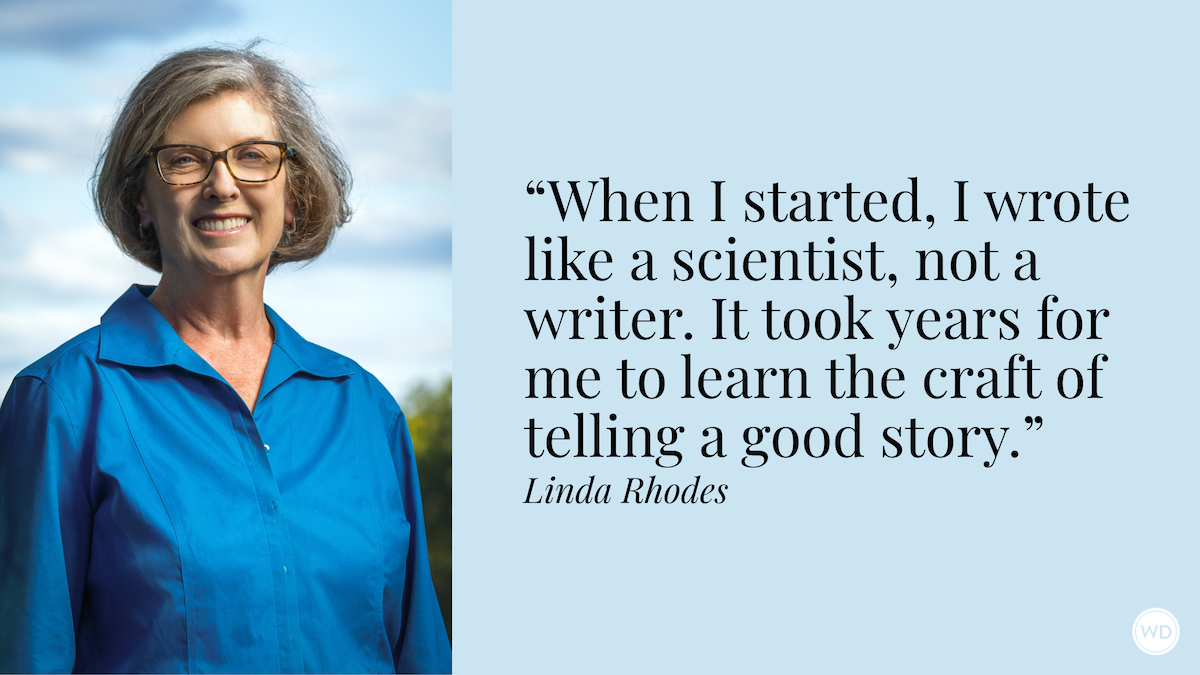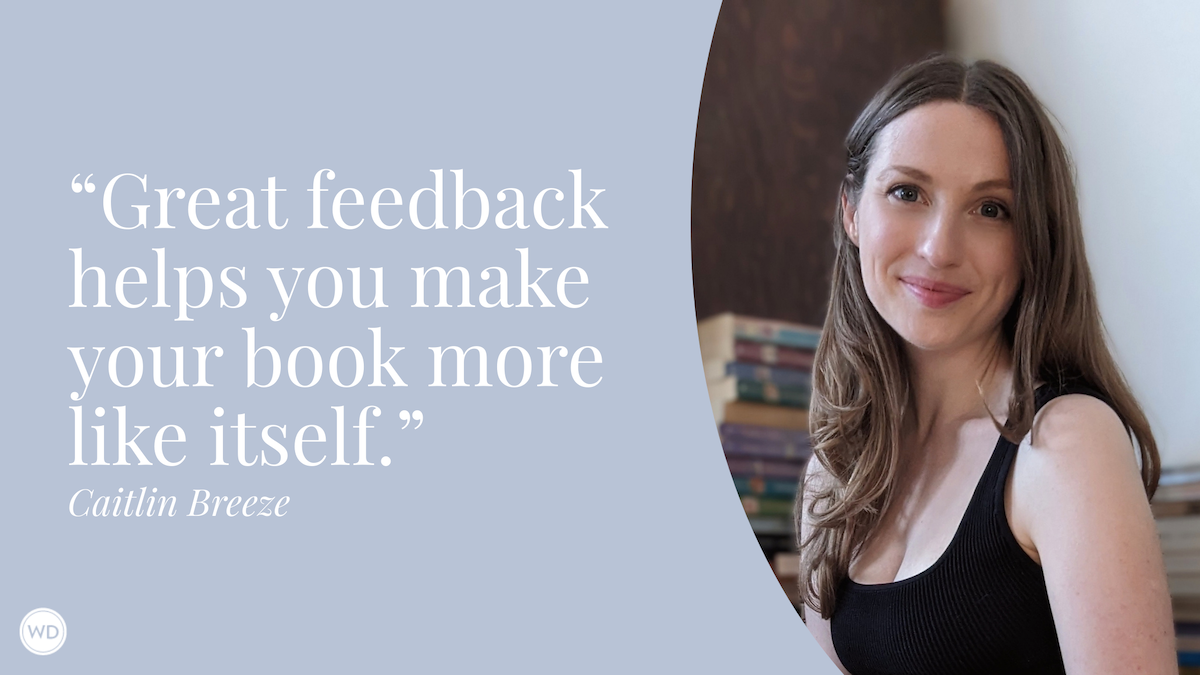Top Websites for Writers: 10 Online Writing Communities
Each year we scour the web for our annual 101 Best Websites for Writers, a comprehensive collection of online resources for writers. This selection represents our 2018 picks for the top online writing communities. These resources will provide you with great tips, advice and the support of other writers.
Each year we scour the web for our annual 101 Best Websites for Writers, a comprehensive collection of online resources for writers.
Year after year, we review dozens of reader nominations, revisit sites from past lists, consider staff favorites and search the far-flung corners of the web for new additions—aiming for a varied compilation that will prove an asset to any writer, of any genre, at any experience level.
This selection represents our 2018 picks for the top online writing communities. These resources will provide you with great tips, advice and the support of other writers.
Top Websites for Writers: 10 Online Writing Communities
1. CAMP NANOWRIMO
Conceived as the “summer camp” version of November’s National Novel Writing Month, Camp NaNoWriMo facilitates a virtual writing retreat each April and July to help you reach your writing goals. Bunk with up to 19 other writers in “cabins” to create your personal writing community, and stop using “waiting till November” as an excuse to put off fi nishing your novel.
2. CRITIQUE CIRCLE
No matter your genre, you’ll receive thoughtful, thorough feedback at Critique Circle. Th is community— 3,000-plus active members—thrives on a point system that requires members to write a critique before even submitting a story (becoming a premium member for $10/month allows you to skip this step, but you’re still required to off er critiques later on). Critiques must be thorough, too: You’ll be “graded” by authors on the strength of your feedback.
3. CRITTERS WORKSHOP
Share and earn feedback on your works-in-progress from this writing community that’s welcomed novices and published authors alike since 1995. Th e site mandates that every one of its members (numbering in the thousands) submit critiques, ensuring involvement in an active, vibrant community.
4. FICTIONAUT
“Part self-selecting magazine, part community network,” Fictionaut operates as a sort of literary-journal alternative, allowing writers to upload short stories, poetry and more in hopes of fostering a place where writers and readers can connect through literary endeavors.
5. INTERNET WRITING WORKSHOP
Give and receive feedback on fiction, nonfiction, poetry and scriptwriting via this site’s email-hosted critique groups. Joining is easy: Just send an introductory email listing your writing and reading interests, and site moderators will add you to a workshop group that matches your interests.
6. STORYADAY
This site’s month-long challenges to write a short story every day of the week are its hallmark, but the writing prompts, Serious Writer’s Accountability Groups, StoryADay podcast, productivity resources and more are equally benefi cial.
7. WATTPAD
Join a community of more than 45 million writers and readers to share your works-in-progress, one chapter at a time. A social platform made for writers, stories gain attention in the community through votes and comments. Plus, for many independent authors, success on Wattpad has translated into a book deal.
8. THE WRITERS CHAT ROOM
During the biweekly live discussions on The Writers Chat Room, you’ll glean helpful advice for every genre and experience level on topics spanning grammar, critiques, query letters and more. Sign up for the newsletter for more helpful advice and to ensure you don’t miss any “Celebrity Sundays”: live chats with notable authors like Gennita Low and Mary SanGiovanni who share their publishing advice and writing tips.
9. THE WRITING COOPERATIVE
The Writing Cooperative, operated through Medium, helps writers get paid for their work by earning “claps” from site members, then sending a portion of that member’s $5 monthly fee to you. Th e website also gathers on Slack for discussions, writing challenges and critiques on the go.
10. THE YOUNG WRITERS SOCIETY
Formed to promote creative writing among aspiring authors, this site encourages young writers 13 and up to share their poetry, short stories and novel chapters. For additional space to discuss writingrelated topics, check out the Creativity Corner on the forums, or join one of the themed clubs for entry into a regular community.
*****
Breaking into traditional book publishing can be tough work. After you write and revise the book, there’s finding an agent or an independent publisher, which involves time spent researching instead of what you really want to be doing—writing. So, Writer’s Digest has done the work for you with this 144-page guide. The Get Published in 2022: Breaking In Resource Directory collects the resources you need to make 2022 the year your book gets published.
Jess Zafarris is the Executive Director of Marketing & Communications for Gotham Ghostwriters and the former Digital Content Director for Writer’s Digest. Her eight years of experience in digital and print content direction include such roles as editor-in-chief of HOW Design magazine and online content director of HOW and PRINT magazine, as well as writing for the Denver Business Journal, ABC News, and the Memphis Commercial Appeal. She spends much of her spare time researching curious word histories and writing about them at UselessEtymology.com. Follow her at @jesszafarris or @uselessety on Twitter.








